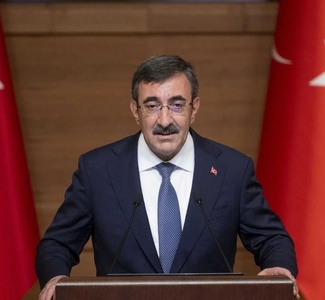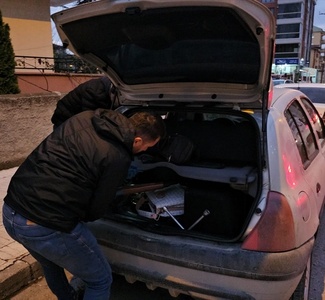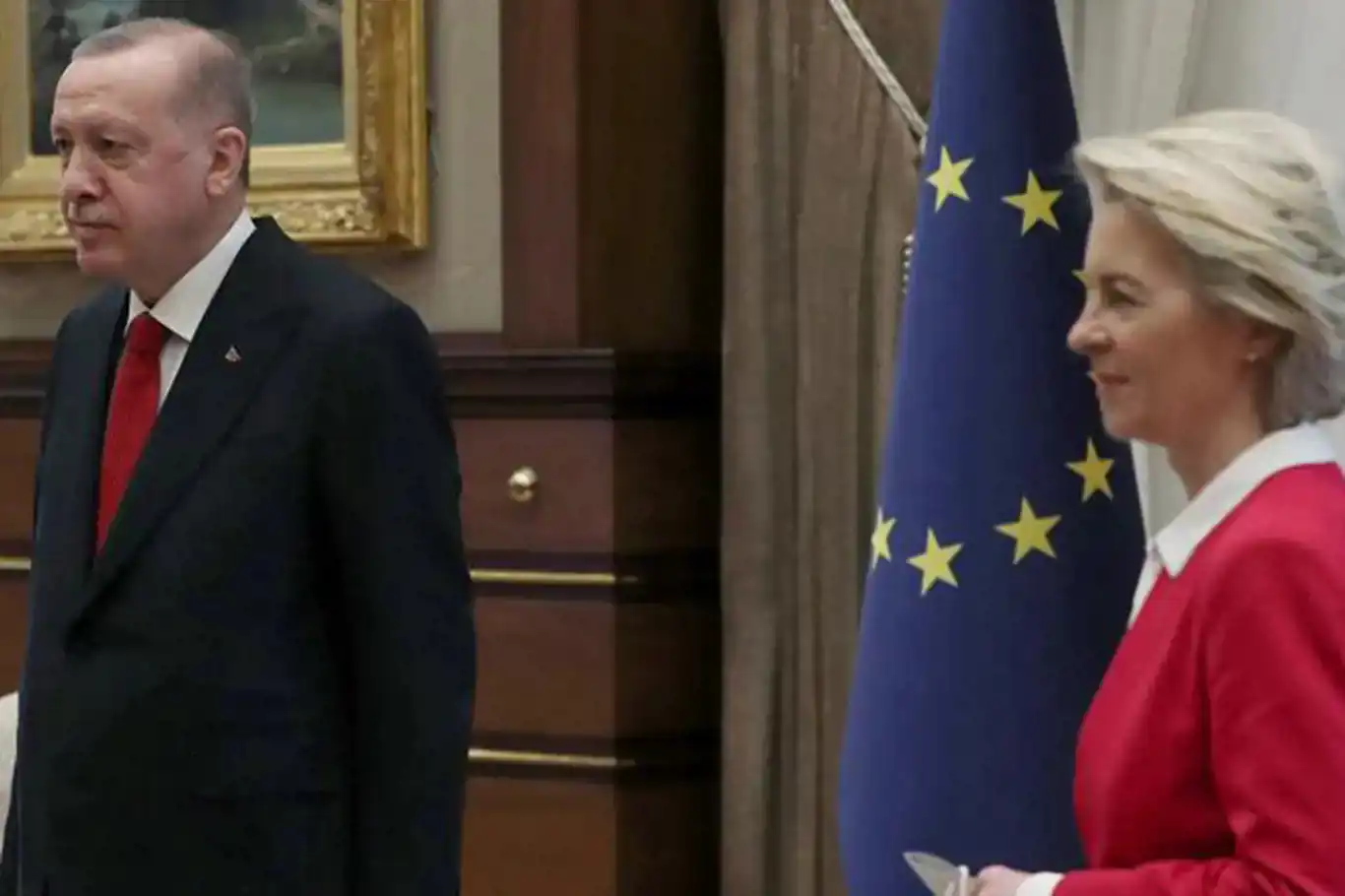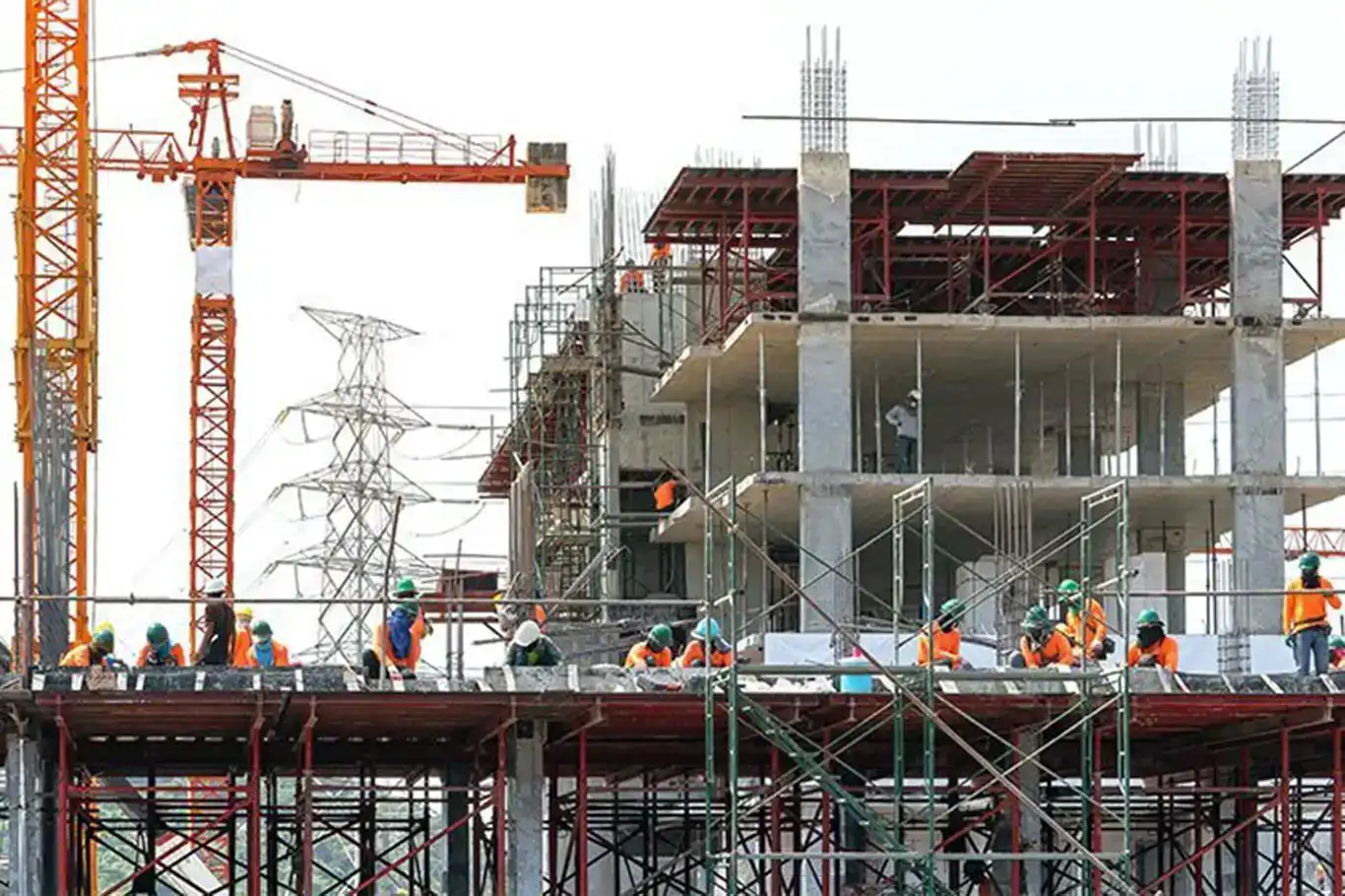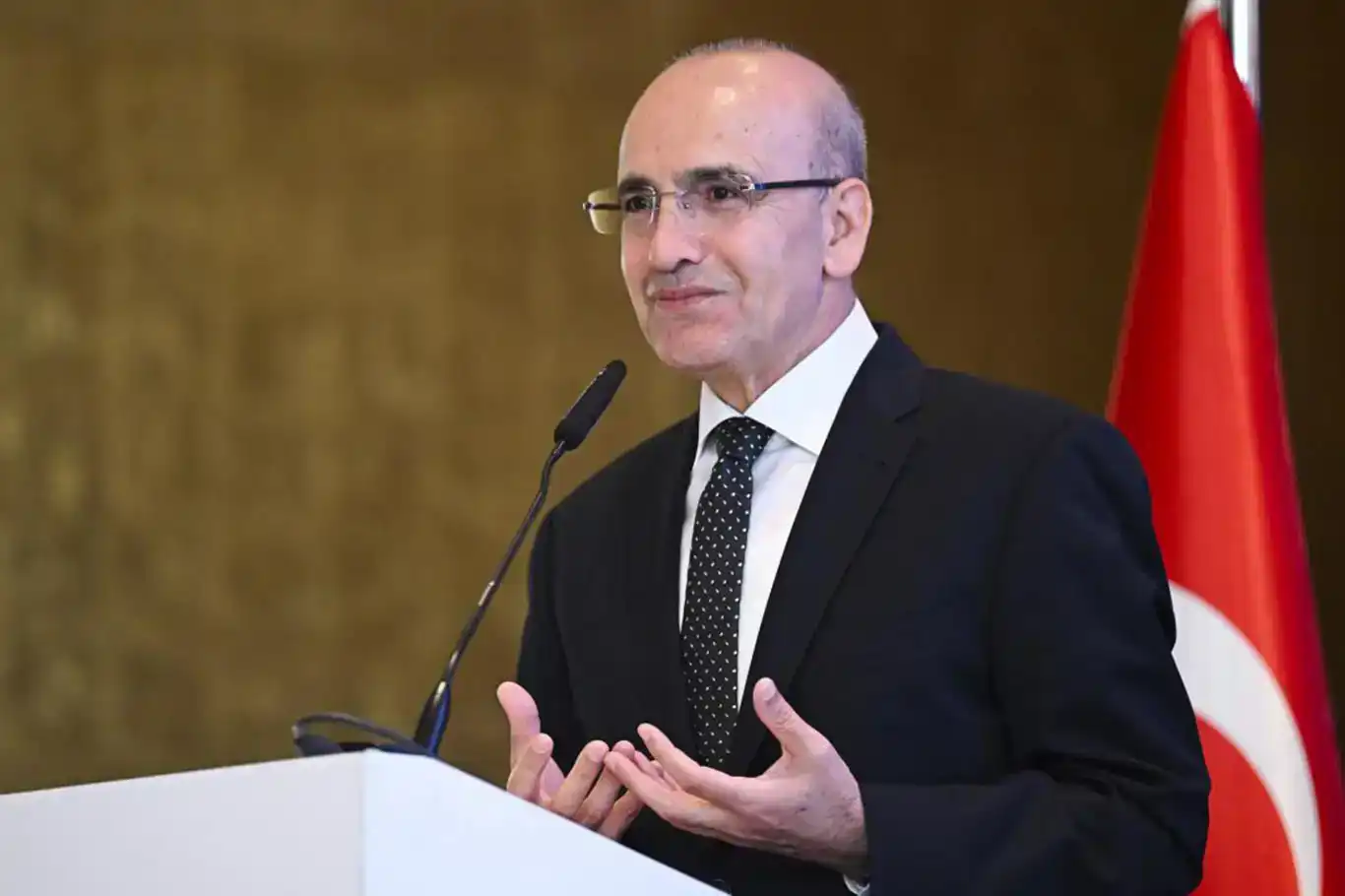WHO: Healthy life expectancy in Africa rises by almost ten years
Healthy life expectancy in the African region has increased on average by 10 years per person between 2000 and 2019, a World Health Organization (WHO) assessment reports.
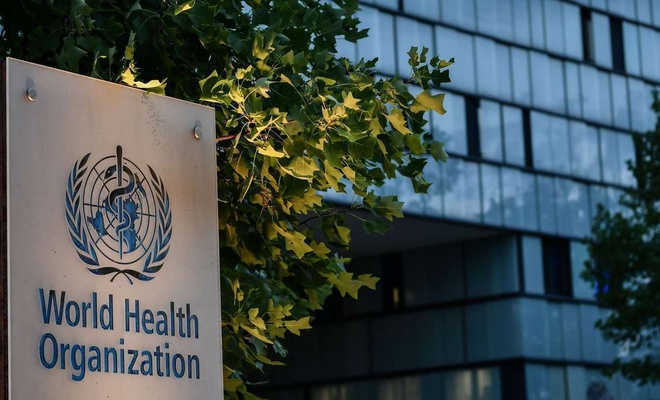
 Google News'te Doğruhaber'e abone olun.
Google News'te Doğruhaber'e abone olun. This rise is greater than in any other region of the world during the same period. The report also notes that the disruptive impact of the COVID-19 pandemic could threaten these huge gains.
The Tracking Universal Health Coverage in the WHO African Region 2022 report shows that healthy life expectancy—or the number of years an individual is in a good state of health—increased to 56 years in 2019, compared with 46 in 2000. While still well below the global average of 64, over the same period, global healthy life expectancy increased by only five years.
Improvements in the provision of essential health services, gains in reproductive, maternal, newborn and child health, as well as progress in the fight against infectious diseases—thanks to the rapid scale-up of HIV, tuberculosis, and malaria control measures from 2005—helped to extend healthy life expectancy. On average, essential health service coverage improved to 46% in 2019, compared with 24% in 2000. The most significant achievements were in preventing and treating infectious diseases, but this was offset by the dramatic rise in hypertension, diabetes and other noncommunicable diseases and the lack of health services targeting these diseases.
“The sharp rise in healthy life expectancy during the past two decades is a testament to the region’s drive for improved health and well-being of the population. At its core, it means that more people are living healthier, longer lives, with fewer threats of infectious diseases and with better access to care and disease prevention services,” said Dr Matshidiso Moeti, WHO Regional Director for Africa. “But the progress must not stall. Unless countries enhance measures against the threat of cancer and other noncommunicable diseases, the health gains could be jeopardized.”
Progress in healthy life expectancy could also be undermined by the impact of the COVID-19 pandemic unless robust catch-up plans are instituted. On average, African countries reported greater disruptions across essential services compared with other regions. More than 90% of the 36 countries responding to a 2021 WHO survey reported one or more disruptions to essential health services, with immunization, neglected tropical diseases and nutrition services suffering higher disruptions.
Efforts have been made to restore essential services affected by the pandemic. However, to enhance health services and ensure they are adequate, of good quality and accessible to all, it is crucial for governments to step up public health financing. Most governments in Africa fund less than 50% of their national health budgets, resulting in large funding gaps. Only Algeria, Botswana, Cabo Verde, Eswatini, Gabon, Seychelles and South Africa fund more than 50% of their national health budgets.
“COVID-19 has shown how investing in health is critical to a country’s security. The better Africa can cope with pandemics and other health threats, the more our people and economies thrive. I urge governments to invest in health and be ready to tackle head on the next pathogen to come bearing down on us,” said Dr Moeti.
One of the key measures to improve access to health services is for governments to reduce catastrophic out-of-pocket expenditure by households. Health expenditure is considered not catastrophic when families spend less than 10% of their income on health expenditure, irrespective of their poverty level. Over the past 20 years, out-of-pocket expenditure has stagnated or increased in 15 countries.
The WHO report also analysed healthy life expectancy and health service coverage differences along country income level and geographic location. High and upper-middle-income countries tend to have better health service coverage and higher healthy life expectancy at birth than lower-income countries, with around 10 additional years of healthy life expectancy.
The report recommends countries to accelerate efforts to improve financial risk protection, rethink and repivot health service delivery with a focus on incorporating noncommunicable health services as part of essential health services, involving communities and engaging the private sector. It also recommends putting in place sub-national system monitoring systems so that countries are better able to capture early warning signs for health threats and system failures. (ILKHA)
































